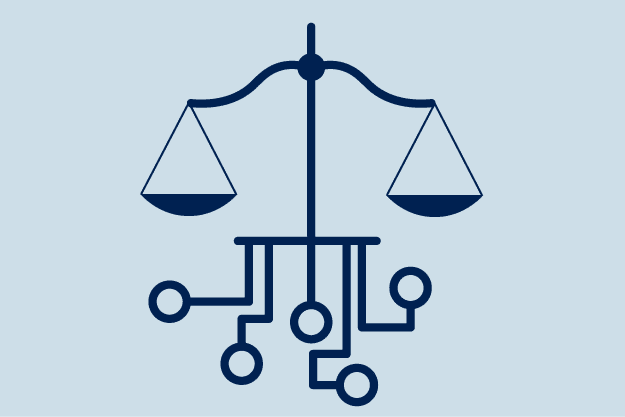Data and Ethics
Our Commitment to Data and Ethics in terms of Access & Responsible Use:
In terms of Data and Ethics, Cartographies of Courage: Fictional Threads, Real Lives as a collaborative open-access spatial archive is dedicated to preserving and sharing sensitive historical and geographic data ethically. We believe that making data publicly available must be done with care, consent, ethics and a deep commitment to the dignity and safety of the communities represented in the archive. This page outlines the ethical principles that guide our work, the kinds of data we collect, and the responsibilities of users who access this platform.

1. What Data Is Included?
Geospatial data (e.g., maps, GIS layers, geocoded sites)
Archival records (e.g., letters, photographs, reports)
Audio/visual materials
Community-contributed content
Descriptive metadata that provides context for the above
Some materials document histories of trauma, displacement, or conflict. Others include data that may identify individuals or communities. Because of this, we apply ethical screening before making content public.
2. Sensitivity and Risk
We assess each dataset for potential harm to individuals, communities, or ecosystems. In cases where risks are high, we apply one or more of the following:
- Anonymization or redaction
- Geographic masking or distortion
- Restricted access with review
- Withholding data at the request of community members
3. Access & Use
We ask that all users of this archive approach it with respect and care. By accessing this site, you agree to:
- Use materials only for non-commercial, educational, or research purposes unless otherwise stated
- Cite sources appropriately and credit the archive and any identified contributors
- Refrain from redistributing or altering sensitive data
- Avoid using data to target, stereotype, or exploit individuals or communities
Community Engagement & Redress: We actively work with community partners to co-create content and review materials. If you are a member of a community represented here, you have the right to:
- Request edits, removal, or contextual notes on specific data
- Contribute your perspective to existing records
- Propose new materials for inclusion